Romania has fully implemented two of the 26 recommendations made in the 2023 Fifth Round Evaluation Report related to preventing corruption and promoting integrity in central governments (top executive functions) and law enforcement agencies, partially implemented 22, while two remain unimplemented.
"As regards top executive functions, the adoption of Law no. 49/2025, which introduces ethics and conduct norms for government members, is crucial for the full implementation of certain recommendations," GRECO, a body of the Council of Europe (CoE), says in its evaluation report on Romania adopted by GRECO at its 100th plenary meeting in Strasbourg, June 3-6, and published on August 5.
"The entry into force of this Law should be complemented by the development of guidelines, the organisation of training sessions, the provision of confidential counselling and the establishment of proper monitoring and enforcement," according to the conclusions in the report.
GRECO also says that "a code of conduct for the Presidential Administration has also been adopted and published, which should be supplemented with guidance and documented briefing sessions. That said, rules of conduct for the President are still absent, although s/he remains subject to relevant legal provisions."
" While rules governing interactions with lobbyists and third parties appear to exist, the disclosure of such contacts is absent. The President, the Prime Minister, and Presidential Councillors are not subject to the obligation to disclose ad hoc conflicts of interest, which applies to other [persons holding top executive functions] PTEFs. The Presidential Administration continues to publish the gift register, while the Prime Minister's Chancellery and ministries have yet to do so."
"The capacity of the DNA has increased, and a platform capable of generating red flags based on in-depth checks of assets and interest disclosures, has been launched. Nevertheless, further tangible progress is still needed in carrying out effective integrity checks for PTEFs, making legislative proposals to revise the current integrity framework, establishing a dedicated oversight mechanism to monitor the implementation of the access-to-information legislation, limiting the practice of legislating through emergency ordinances, introducing post-employment restrictions and ensuring the conduct of adequate and meaningful public consultations."
"Regarding law enforcement agencies, the Gendarmerie has created a dedicated webpage for the publication of all donations. A unified draft code of ethics for both the Police and the Gendarmerie is at an advanced stage of development. A comprehensive training curriculum in the field of integrity has been developed, which will be updated following the adoption of the code of ethics. Integrity checks are conducted during initial recruitment, and two notable proposals for conducting regular checks during the careers of law enforcement officers are under consideration. A centralised recruitment portal for positions within the Police and the Gendarmerie is operational, ensuring open and transparent competitions."
However, GRECO says that "additional measures are needed to reduce the use of empowerment to fill management positions. A rotation system is in place, which should be explicitly linked to areas identified as particularly exposed to corruption risks. The internal centralised and integrated human resources system has introduced a dedicated section recording secondary activities, and work is underway to develop effective oversight arrangements. A comprehensive study of the post-employment activities of former law enforcement officers has been conducted, accompanied by several proposals to mitigate the risks of post-employment conflicts of interest. Both the Police and the Gendarmerie have aligned their procedures for the protection of whistleblowers with the Law on the Protection of Whistle-blowers. Concrete measures are also required to increase the representation of women at all levels, and to introduce rules for the disclosure and management of conflicts of interest within the Gendarmerie.'
GRECO calls on the head of the delegation of Romania to submit additional information regarding the implementation of outstanding recommendations by December 31, 2026.
The Group of States against Corruption (GRECO) is a Council of Europe body that aims to improve the capacity of its members to fight corruption by monitoring their compliance with anti-corruption standards. It helps states to identify deficiencies in national anti-corruption policies, prompting the necessary legislative, institutional and practical reforms. It comprises the 46 Council of Europe member states, Kazakhstan and the United States of America.

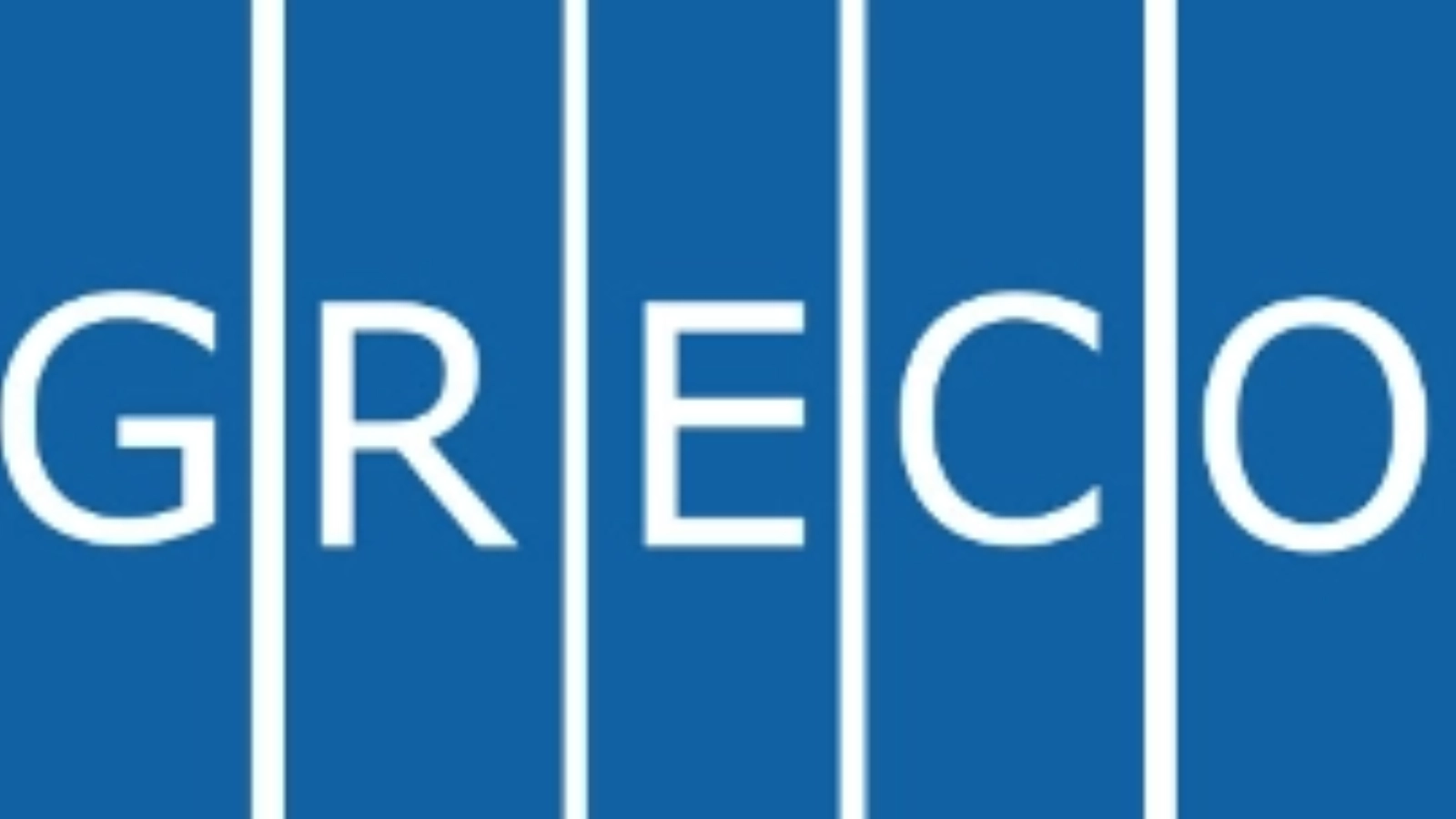



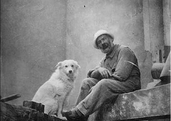
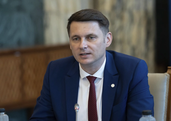




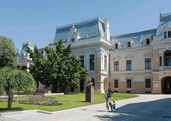



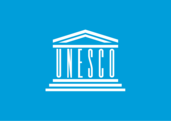




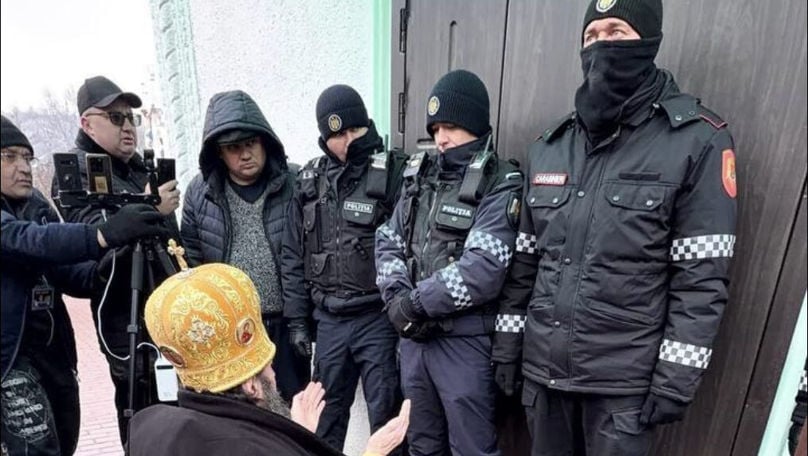

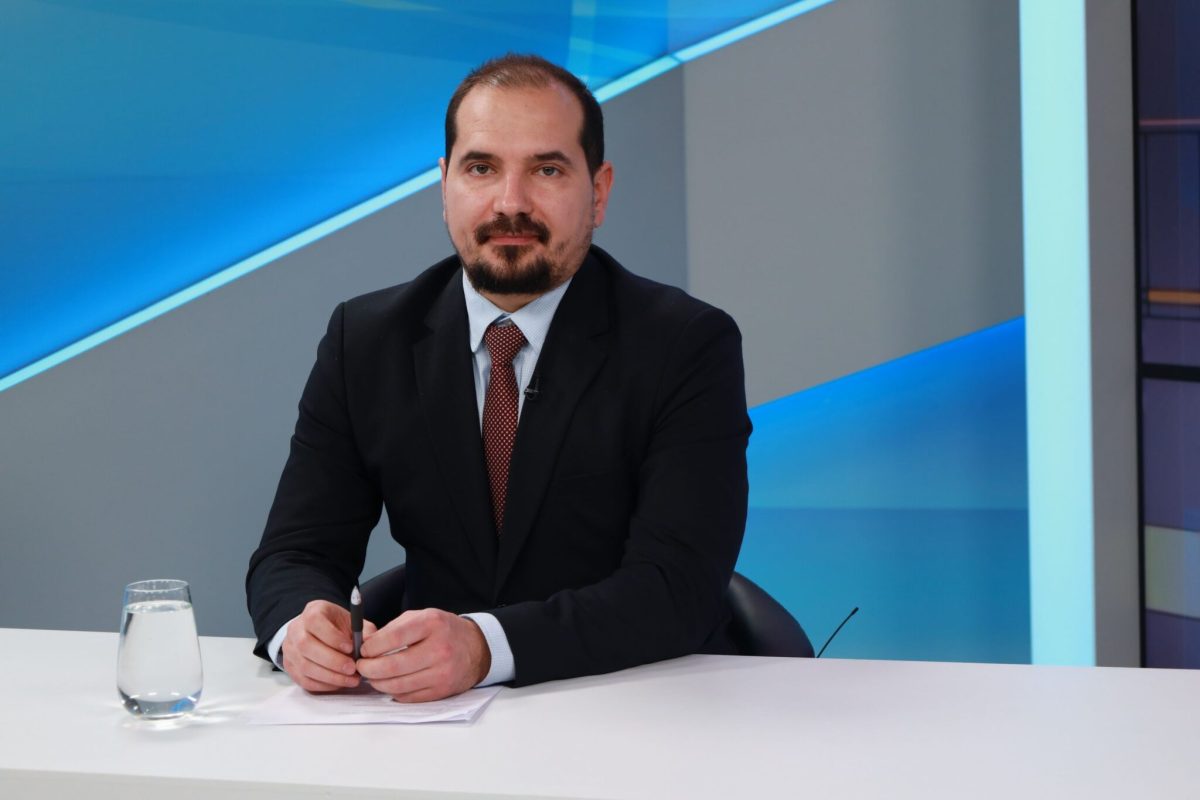









Comentează